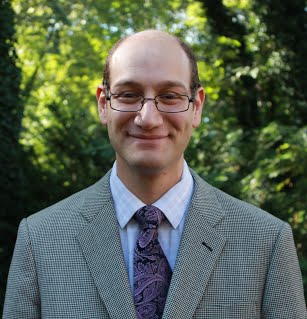Dr. Robert Lieberthal 
University of Tennessee
Department of Public Health
Friday, January 25, 2019
2:30-3:30, JDT 410
Abstract:
Health care fraud is a perennial “hot topic” due to the importance of health care for the U.S. economy and desire to reduce wasteful spending and redirect resources to improve patient care. However, the current understanding of fraud from the point of view of evidence is limited, and often is focused solely on financial recoveries. In addition, current approaches to fraud detection rely significantly on human physician expertise, limiting their scope and generalizability. This talk will review the evidence for fraud detection methods based on a recent systematic review of the literature. It will demonstrate the wide variety of academic fields that examine fraud, and current evidence of the prevalence of fraud. It then will discuss a novel, machine learning method for predicting physician expert judgment of fraud, and how this method can be used to assess both wasteful spending and the impact on beneficiary health outcomes. Finally, this talk will conclude with a discussion of future research directions to take an interdisciplinary approach to fraud prevention, leading to improvements in the U.S. health care reimbursement system.
Biosketch:
Robert Lieberthal is a faculty member in the University of Tennessee Department of Public Health. Dr. Lieberthal received his PhD in Managerial Science and Applied Economics with a concentration in Health Economics at the University of Pennsylvania’s Wharton School. His main research interest is the application of economic and financial analysis to public health and health policy issues. His lab examines, evaluates, and implements policies and interventions designed to eliminate fraud in healthcare. They analyze fraud identification, detection, mitigation, and prevention strategies. The lab is focused on the U.S. healthcare systems, and also examines fraud in non-U.S. health insurance systems. Their ultimate goal is to serve public health through improvements in the efficiency and effectiveness of the U.S. healthcare system.